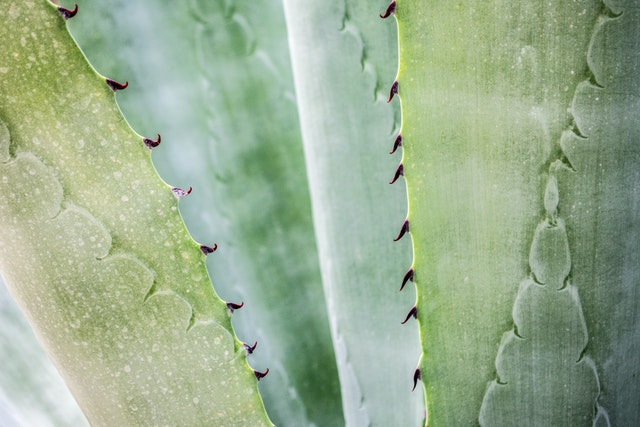The succulent plant aloe vera is well-known for its medical benefits.
It’s most typically used topically to cure burns and promote skin health, but it’s also been used to treat a number of other ailments.
It’s also become a prominent element in weight-loss juices, herbal pills, and diet drinks in recent years.
The benefits and adverse effects of aloe vera for weight loss, as well as how to use it, are discussed in this article.
Potential Weight Loss Benefits
May Improve Blood Sugar Control
Aloe vera has been shown to improve blood sugar regulation, which may aid weight loss.
In one study, 72 persons with prediabetes who took capsules containing 300–500 mg of aloe vera twice daily saw a significant reduction in blood sugar levels.
Another study indicated that ingesting an aloe vera gel complex for eight weeks lowered body weight and fat, as well as enhanced the body’s ability to utilise insulin, a hormone involved in blood sugar management.
Improving blood sugar control can help reduce blood sugar spikes and crashes, as well as symptoms like increased hunger and cravings.
May Boost Your Metabolism
According to some studies, aloe vera can help you lose weight by improving your metabolism and burning more calories throughout the day.
In a 90-day research, giving rats on a high-fat diet dried aloe vera gel reduced body fat gain by increasing the number of calories they burnt.
Aloe vera has also been demonstrated in animal studies to impact fat and sugar metabolism in the body, preventing the buildup of belly fat.
Still, further research is needed to see if aloe vera can provide similar health benefits in humans.
How To Use Aloe Vera
The skin, latex, and gel are the three primary components of aloe vera plants.
The gel is safe to eat and can be made by cutting the leaf in half and scooping out the gel with a spoon or knife.
Make sure to completely wash the gel to eliminate any dirt or latex residue, which can cause the gel to taste bitter.
To boost the nutritional benefits of your favorite meals, try incorporating the gel into smoothies, shakes, salsas, and soups.
The skin of the aloe leaf can also be eaten by adding it to salads and stir-fries.
After slicing and cleaning the skin, soak the leaves in water for 10–30 minutes before using them in recipes to soften them.
Potential Side Effects of Aloe Vera
Aloe vera use has been linked to a number of negative health effects.
Digestion problems, such as diarrhea and stomach cramps, are among the most prevalent side effects.
While aloe vera can help promote regularity by acting as a laxative, excessive use can cause side effects such as dehydration and electrolyte imbalances.
While its laxative actions may help to minimize water retention, the ensuing water weight reduction is only transitory and not a long-term weight loss method.
Furthermore, because this plant may interfere with the absorption of certain medications, it’s vital to talk to your doctor before using it if you have any underlying health issues or are on any medications.
Aloin, a chemical present in non-decolorized, whole leaf aloe extract, is also suspected of having cancer-causing properties.
However, because the majority of aloin is removed during processing, it’s uncertain whether commercial aloe vera products are also dangerous.
Furthermore, aloe vera skin gels and lotions should not be eaten because they may include substances and additives that should not be consumed.
Finally, the Food and Drug Administration (FDA) has banned items containing aloe vera latex, a material found within the leaves of the aloe vera plant, due to safety concerns.
Takeaway
Aloe vera can be found in a variety of weight-loss products, such as herbal supplements, juices, and diet drinks.
It may help you lose weight by improving your blood sugar control and raising your metabolism.
However, it is linked to a number of negative side effects and should be used in moderation as part of a healthy diet.
If you want to test aloe vera products, make sure you get them from a reliable source.










